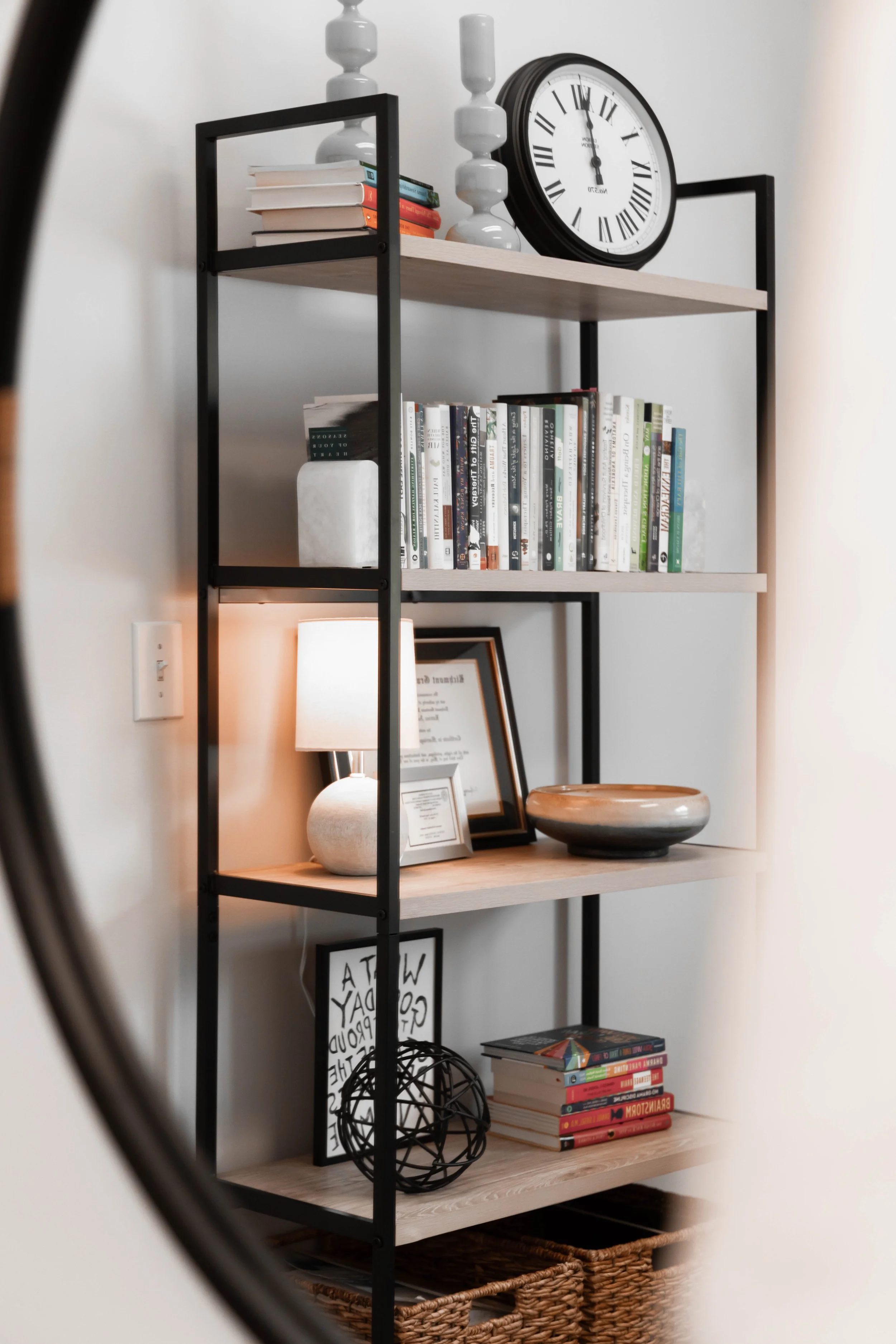The Perimenopause Chronicles: A Survival Guide for the In-Between Years
Welcome to the Club No One Talks About (But Everyone Should)
If you're reading this while simultaneously Googling "Is it normal to cry at dog food commercials?" and "Why am I so hot all the time?" — congratulations, you've likely entered the exclusive club of perimenopause. Don’t worry, the membership is free... though the emotional and physical dues can feel pretty steep.
The Great Hormone Heist
Your hormones are essentially going through their own midlife crisis. Estrogen is packing its bags for early retirement, progesterone is having an identity crisis, and meanwhile, your body is trying to figure out what the heck is happening upstairs in hormone headquarters.
The result? You might find yourself having a completely rational conversation about grocery lists one minute, and the next, sobbing because the bananas are too ripe. This is not a personal failing — this is biology being dramatic.
The Symptoms No One Warned You About
Sure, everyone mentions hot flashes (because apparently that's the only symptom that made it into mainstream consciousness), but nobody prepared you for the full perimenopause experience package: included — but not limited to — daytime exhaustion from broken sleep patterns, brain fog, mood swings, anxiety, and let’s not forget the internal psychological crisis and the profound questions that follow about personal purpose, self-worth, and identity.
The Psychological Landscape: More Than Just "Mood Swings"
Let’s dive deeper into what’s really happening psychologically during perimenopause, because calling it "mood swings" is like calling a hurricane "windy weather" — technically accurate but missing the full picture.
The Neurotransmitter Shuffle:
Estrogen doesn’t just affect your reproductive system; it’s intimately connected to your brain’s production of serotonin, dopamine, and GABA. As estrogen levels fluctuate wildly, so do these crucial neurotransmitters that regulate mood, anxiety, and cognitive function. You’re not “being dramatic” — your brain chemistry is literally changing.
Grief and Loss:
There’s a profound psychological process happening here that rarely gets acknowledged. You’re grieving the loss of your younger self, your fertility (whether you wanted more children or not), and the predictability of your body. This is legitimate grief that deserves recognition and time to process.
The Anxiety Amplifier:
Many women experience anxiety for the first time during perimenopause or find that existing anxiety dramatically worsens. The unpredictability of symptoms creates a perfect storm — when you can’t trust your body, your sleep, or your emotions, hypervigilance becomes a survival mechanism.
Cognitive Dissonance:
You know you’re competent, capable, and intelligent — yet you’re forgetting words mid-sentence and feeling overwhelmed by decisions you used to make easily. This creates a jarring disconnect between your self-concept and your current experience, leading to frustration and self-doubt.
The Depression Connection:
The hormonal fluctuations of perimenopause can trigger depression, even in women with no prior history. This isn’t weakness — it’s biochemistry. The shame around experiencing depression during this time often compounds the problem, creating a cycle that’s hard to break.
Identity Reconstruction:
Perhaps most significantly, perimenopause often coincides with other major life transitions — children leaving home, aging parents, career changes, relationship shifts. You’re not just dealing with hormonal changes; you’re reconstructing your entire sense of self while your brain chemistry is in flux.
You Are Not Alone (Even When It Feels Like It)
The isolation that comes with perimenopause is real, but it’s built on a foundation of silence — not statistics. You are literally surrounded by women going through the same thing — they’re just not talking about it either.
Practical Survival Strategies
While we work on changing the world’s attitude toward perimenopause, here are some survival tactics:
Track the Chaos: Keep a symptom journal. It helps you identify patterns and gives you concrete information to share with healthcare providers who might otherwise dismiss your experiences.
Build Your Support Network: Find your tribe. Whether it’s online communities, local support groups, or honest conversations with friends, connection is crucial.
Advocate for Yourself: If a healthcare provider dismisses your symptoms, find another one. You deserve to be heard and helped.
Embrace the Layers: Literally and figuratively. Accept that your emotional layers are more complex.
Practice Radical Self-Compassion: You’re not broken, dramatic, or weak. You’re navigating a major life transition with grace — even when it doesn’t feel graceful.
The Plot Twist: There’s Power in This Transition
Here’s something you may not know (yet): perimenopause, for all its challenges, can also be a time of incredible growth and self-discovery. Many women report feeling more authentically themselves during this period — less willing to tolerate nonsense, more clear about their priorities, and surprisingly, more confident in their own skin.
It’s as if your body’s hormonal upheaval gives you permission to examine other areas of your life that might need shaking up. Career changes, relationship evaluations, new hobbies, forgotten dreams — perimenopause can be a catalyst for positive transformation.
Moving Forward Together
The conversation about perimenopause is long overdue, but it’s finally starting to happen. By sharing our experiences, supporting each other, and refusing to suffer in silence, we’re creating a new normal — one where women can navigate this transition with dignity, humor, and community support.
Remember: every woman who has ever lived past 40 has either experienced perimenopause or will experience it. You’re not an anomaly — you’re part of a sisterhood that spans centuries. The only difference is that now, finally, we’re starting to talk about it.
So here’s to the in-between years — may they be filled with compassion, understanding, and the occasional good laugh at the absurdity of it all. You’ve got this. And more importantly, you’re not alone.
Here at Atlanta Wellness Collective, we want to help. For support, contact us or schedule an appointment online.
This blog post was written by Abby Doubell.
This blog is not intended to substitute professional therapeutic advice. Talk with your healthcare provider about your health concerns and before starting or stopping therapies. No content on this site, regardless of date, should ever be used as a substitute for direct professional advice from your doctor or other qualified clinician.
VISIT US ON INSTAGRAM @atlwell





